
Case study
Wage and price forecasts for Western Power’s access arrangement
Synergies was engaged by Western Power to prepare an expert report on the outlook for wages, inflation and productivity to support its proposed access arrangement to the Economic Regulation Authority for the 2021-22 to 2026-27 regulatory period. Our expert report provided forecasts of Wage Price Index (WPI) for the Electricity, Gas, Water and Waste Services sector (EGWWS) and the Consumer Price Index (CPI), as well as for opex productivity.
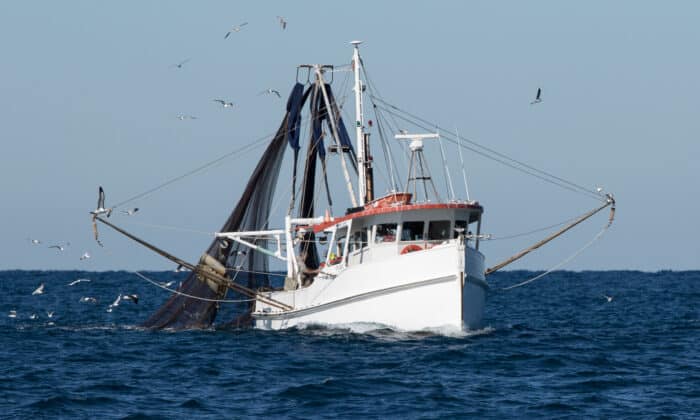
Case study
Approaches for determining compensation in commercial fisheries
Designing a compensation scheme and setting a proper level of compensation, be it for compulsory buy-out of licences or a voluntary scheme, is inherently difficult. Participants have divergent goals. Fishers seek the best price possible for surrendering their rights, while the government seeks the best overall value for all parties. Importantly, compensation schemes need to be transparent, defensible and equitable if they are to gain broad acceptance.
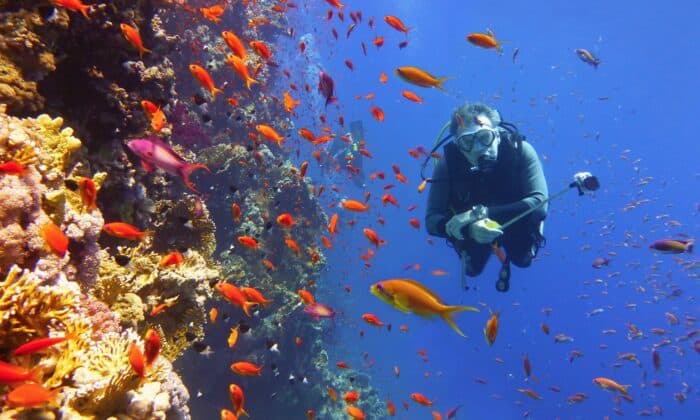
Case study
Economic impact assessment for the WA Marine Science Institution
The Western Australian Marine Science Institution (WAMSI) was established in 2006 by the WA State Government as an independent research organisation tasked with improving the coordination of marine research in WA, promoting collaboration between stakeholders and guiding research priorities. Synergies was engaged by WAMSI to assess the effectiveness and impact of its research program, its strategic investments and its operating model.

Case study
The economic potential for a downstream battery industry in Western Australia
WA’s strength in the battery supply chain has traditionally been in mining, particularly extraction of critical minerals such as lithium, nickel and cobalt. Attention is now turning to exploring the potential for WA to be more active in further value adding through battery manufacturing. This study assessed the indicative size of economic and employment opportunities that could be generated by a downstream battery industry in WA, including battery assembly, manufacturing and recycling. The report identified ...
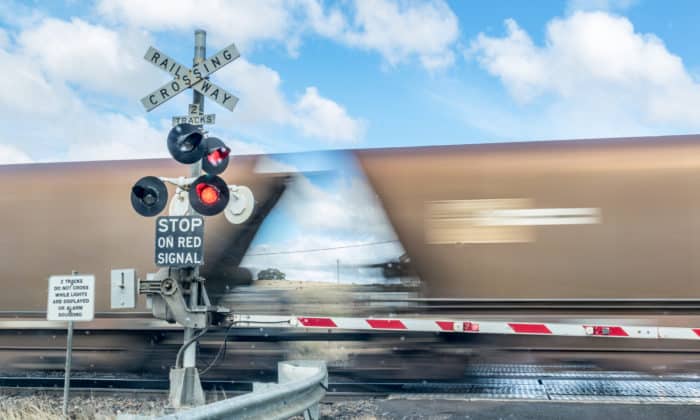
Case study
Achieving greater harmonisation in rail type approval is key to unlocking innovation and long term productivity
The global market for rail technology is large, estimated by the ARA to be worth around $362 billion and growing. Yet, Australia risks missing out on the next wave of rail transformation if existing rail industry processes don’t adapt. Facilitating opportunities for rail innovation is critical to achieving government policy objectives, such as improved rail mode share, reduced carbon emissions and environmental sustainability.
Synergies’ review of the costs of existing rail Type Approval processes ...
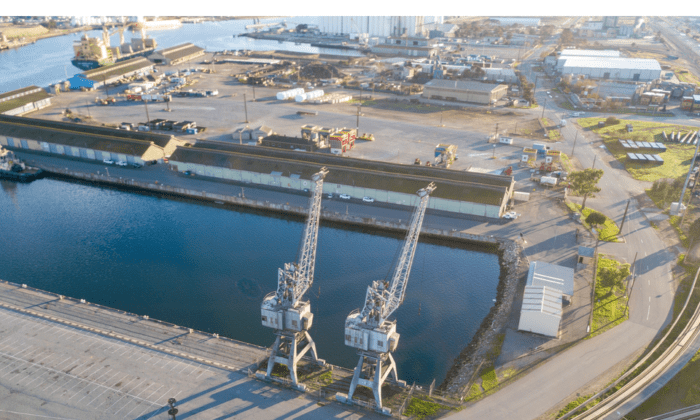
Case study
Promoting efficient access to port facilities and services – South Australia
The certification of the South Australian (SA) Ports Access Regime has been extended by a further 10 years, consistent with the National Competition Council’s (NCC) recommendation published on 30 November 2021. This provides all parties with certainty that access to SA’s ports will continue to be governed exclusively by this regime; the declaration and access undertaking pathways under Part IIIA of the CCA are not available where a certified state based regime exists.
Synergies ...
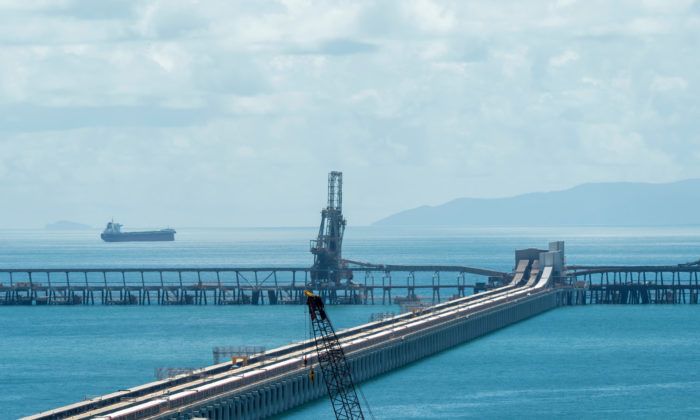
Case study
Assessing the economic impacts of port maintenance dredging
The maintenance of port depths sufficient to accommodate the safe and efficient operation of vessels is a core responsibility for all port authorities. North Queensland Bulk Ports (NQBP) is currently undertaking a Sustainable Sediment Management assessment for the Port of Mackay to determine the best long term approach to sediment management. NQBP engaged Synergies to assess the economic impacts under the scenario in which regulatory approval for maintenance dredging was not secured, including the impact ...
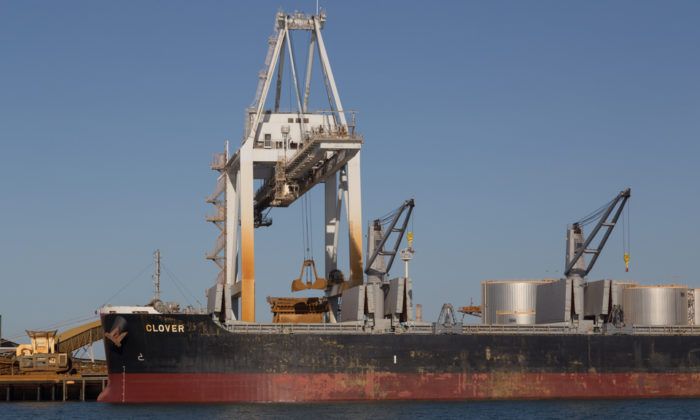
Case study
Improving competitiveness of coastal shipping
In recent years, Synergies has been working with Ports Australia to identify potential opportunites for coastal shipping to play a greater role in the domestic freight task. This follows numerous parliamentary inquiries into challenges associated with developing a stronger coastal shipping industry in Australia. Together with Ports Australia, we completed several case studies which identified particularly commodity supply chains where coastal shipping had been successful, together with areas of opportunity. Synergies has welcomed this opportunity ...
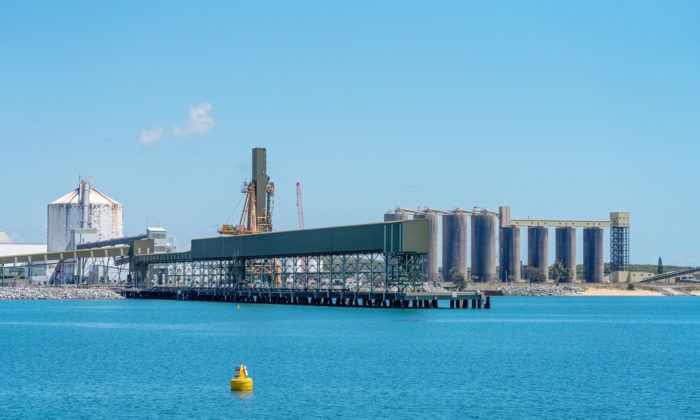
Case study
Assessing the economic benefits of road upgrades for freight supply chains
North Queensland Bulk Ports (NQBP) wanted to demonstrate the economic benefits to the state of Queensland and regional industry in North Queensland of coordinating upgrades to the road and port network to achieve supply chain efficiencies.
NQBP required a comprehensive, evidence based assessment of the productivity benefits that are likely to be achieved from road upgrades and other measures designed to improve heavy vehicle access to the Port of Mackay. Synergies assisted NQBP and ...

Case study
Asset valuation confusion under Australia’s National Gas Rules
The introduction of the information disclosure and arbitration provisions under Part 23 of the Australian National Gas Rules in August 2017 has resulted in an unsuitable asset valuation methodology, the so-called ‘recovered capital method’ (RCM), becoming the default valuation methodology to be used in arbitrations involving gas pipelines and their users (shippers). This is because it is incompatible with price formation in workably competitive markets, a concept which underpins the objective of Part 23.
The ...
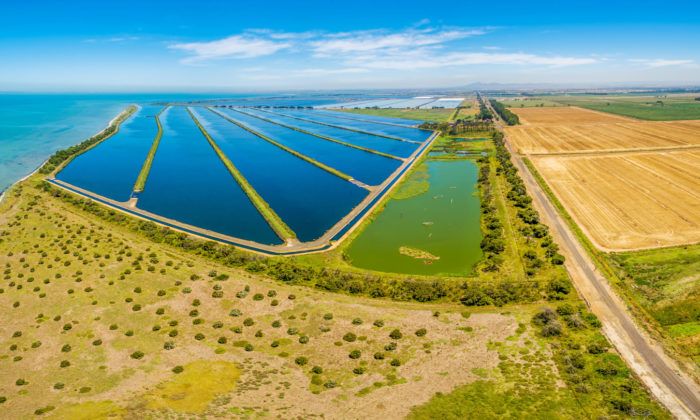
Case study
Co-digesting organic waste at Wastewater Treatment Plants
While a cost for some business sectors, the rising cost of waste disposal and management is creating opportunities for wastewater utilities in terms of maximising the resource value that is recovered from wastewater and other organic waste products. Synergies conducted a comprehensive assessment of the financial and economic feasibility of two options for the implementation of co-digestion at Queensland Urban Utility’s Luggage Point Wastewater Treatment Plant. The analysis identified the option that would maximising both ...
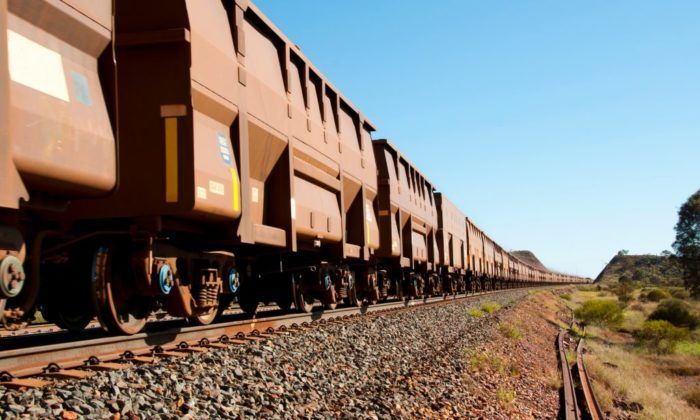
Case study
WA rail access framework review
The WA Government is reviewing the WA rail access regime as established by the Railways (Access) Act 1998 and the Railways (Access) Code 2000. The regime has been in operations for over 15 years. The review aims to improve the existing regime to meet its objective, which is focused on encouraging the efficient use of, and investment in, railway facilities by facilitating a contestable market for rail operations. The current light-handed regime has several ...
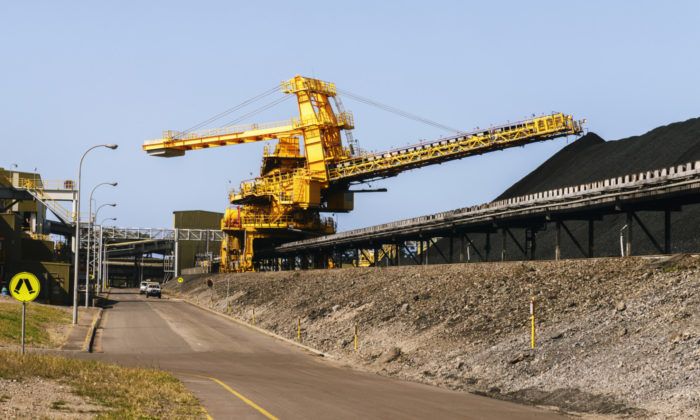
Case study
Access Policy Independent Expert
Synergies is Australia’s leading advisor on pricing and economic regulation in the port sector. In 2017, Synergies was engaged by Wiggins Island Coal Export Terminal Pty Ltd (WICET) to undertake an independent review of the Wiggins Island Terminal Access Policy. The Access Policy sets out the rules for allocating, managing and expanding capacity at the Terminal.
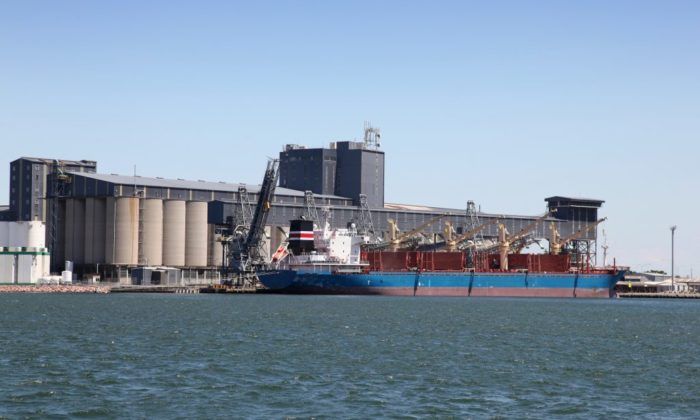
Case study
Arbitrating for more efficient shipping channel services at Newcastle Port
In 2018, the Australia’s competition regulator, the Australian Competition and Consumer Commission (ACCC) arbitrated a dispute between Glencore Coal Pty Ltd and Port of Newcastle (PNO) over the charges set by PNO for Glencore’s use of the channel assets at the Port of Newcastle.
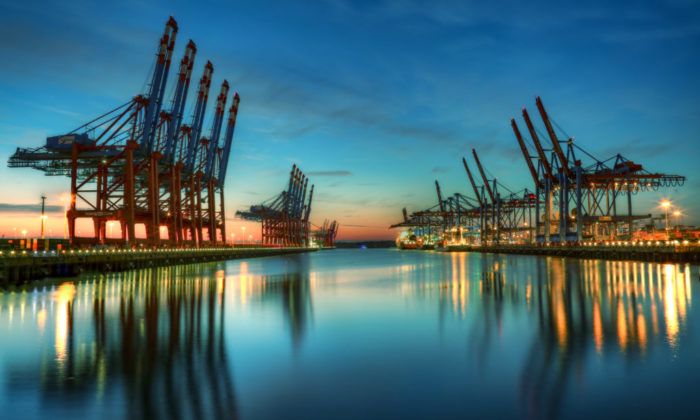
Case study
Pricing strategies at Australia seaports
Synergies is a leading advisor in the port sector, working collaboratively with many ports both big and small, city based and regional, bulk and non-bulk, private and government owned, across Australia to refine their pricing strategy to meet their broader objectives. This pricing intelligence is a vital input to ensure that a port is well positioned to meet the challenges of future demand as well as build on the opportunities to secure long term sustainable ...
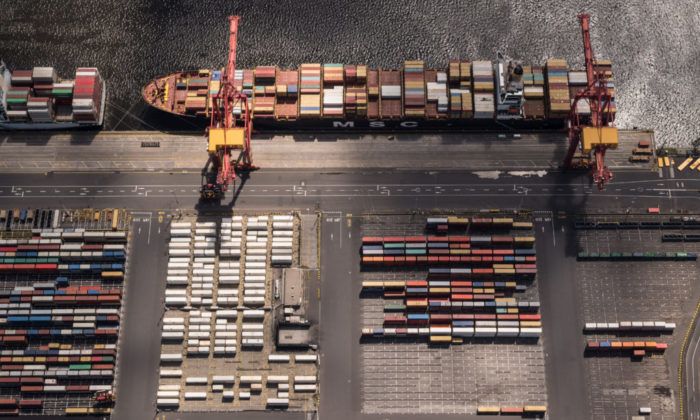
Case study
Port supply chain costs at the Port of Melbourne
Synergies has extensive experience in examining the costs and incentive structures within various freight supply chains in Australia. We have a depth of knowledge of the economic and commercial structure of supply chains and the way that economic regulation can, and in practice does, impact these supply chains. Most recently we were engaged by Patrick Terminals to prepare an economic analysis of the container supply chain at the Port of Melbourne, to assist Patrick ...

Case study
Impact assessment of the proposed CRC for Transformation in Mining Economies
The University of Western Australia, in partnership with University of Queensland, is leading a bid to establish a Cooperative Research Centre (CRC) to investigate new technologies and improved practices for mine closure. The rehabilitation and relinquishment of mines that have come to the end of their life is becoming an increasingly important issue for the mining sector, both here in Australia and internationally. With billions of dollars invested in mine rehabilitation each year, it is ...
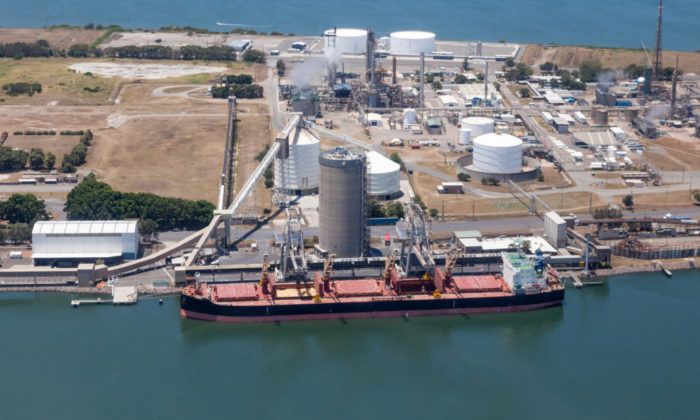
Case study
Promoting efficient pricing for shipping channel services at Newcastle Port
Synergies, acting on behalf of Glencore prepared a series of submissions in 2018 and 2019 setting out the economic rationale for continued declaration of Newcastle Port’s shipping channel. Glencore, is a major user of shipping channel services at Newcastle as a major coal producer and exporter in the Hunter Valley. As such Glencore depends on access to the shipping channel based on reasonable terms and conditions.

Case study
The value of investing in R&D for the WA sheep industry
The WA sheep industry makes a significant contribution to the State’s economy, and has experienced a resurgence in recent years on the back of strong wool prices and productivity gains, particularly in lamb meat production. At present, the industry generates approximately $1.25 billion in sales and employs around 5000 people directly, with a further 1, 350 indirect jobs. But the industry is facing challenges and will need to maintain it’s productivity growth trajectory to remain ...
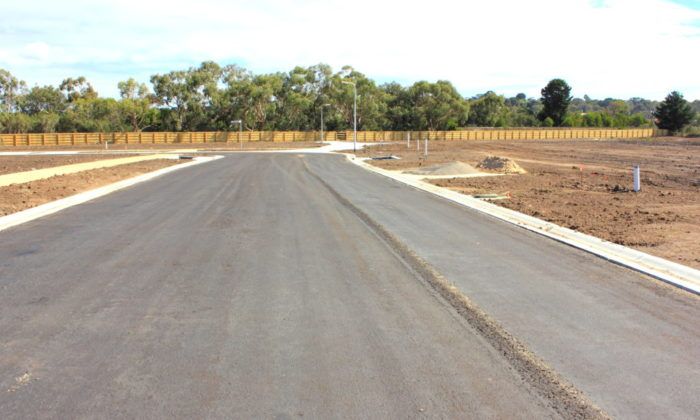
Case study
Economic benefits of strategic environmental assessment for Perth-Peel region
Over the next 30 years, around 18, 000 hectares of native vegetation is expected to be cleared in metropolitan Perth to accommodate the state’s growing population. In order to improve the level of protection afforded to the environment, while ensuring economic development can proceed, the WA State Government has commenced work on preparing a Strategic Assessment for the Perth-Peel Region (SAPPR). Synergies was engaged to assist with evaluating the costs and benefits of the proposed ...

Case study
Economic impact of the WA Biodiversity Science Institute
The Western Australian Biodiversity Science Institute (WABSI) was established by the WA government in 2015 to perform the role of a ‘science broker’, with the purpose fostering greater collaboration in finding practical, strategic solutions to the State’s biodiversity management challenges. WABSI’s stakeholders include the mining industry, government, researchers and non-government organisations. Synergies was engaged by the WABSI board to prepare an independent review of the value and impact of the Institute over the past four ...

Case study
The economics of responding to drought in Greater Sydney
Sydney Water engaged Synergies to develop an economic framework for quantifying the risks, costs and benefits of a drought management strategy for Greater Sydney. The framework examines the optimal sequence of new water supply projects as Sydney’s storage levels drop. The optimal strategy is one that avoids the risk of storages falling below critical levels (and triggering the need for very significant water restrictions), while minimising the cost of investing in capital projects that may ...

Case study
Please hold: costing telco customer wait times
Synergies was engaged by the Australian Communications Consumer Action Network (ACCAN) for advice on estimating the value of consumers’ time wasted (“time forgone”) trying to resolve customer service issues and the cost to consumers of intermittent or delayed supply (“reliability”). The aim of the advice was to provide an evidence base and a source of practical guidance on matters including how to apply non-market valuation techniques in the telecommunications context and the strengths and limitations ...

Case study
Evaluating ‘Royalties for Regions’ investment in WA tourism projects
Over the past 10 years, Royalties for Regions (RfR) has provided $208 million in funding for regional tourism projects in Western Australia, with a wide diversity of projects being funded across nine development regions. Synergies undertook an evaluation to provide insight to the extent to which the RfR investments have contributed to economic growth and what factors need to be considered for future public investment in regional tourism.
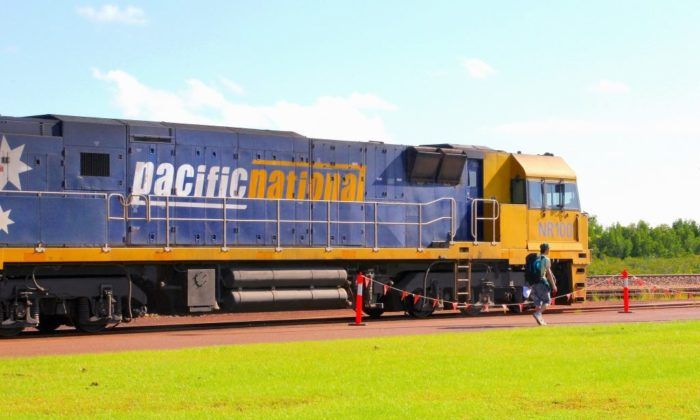
Case study
Assessing intermodal competition in non-bulk freight transport
Euan Morton of Synergies was engaged as an independent economic expert by Clayton Utz (representing Pacific National (PN)), in court proceedings initiated by the Australian Competition and Consumer Commission (ACCC) who alleged that PN’s proposed acquisition of Aurizon’s intermodal business would substantially lessen competition in the transportation of non-bulk freight.
Synergies examined the relevant market(s) for intercity non-bulk freight services and the effectiveness of road and rail competition and, in particular, the influence of ...
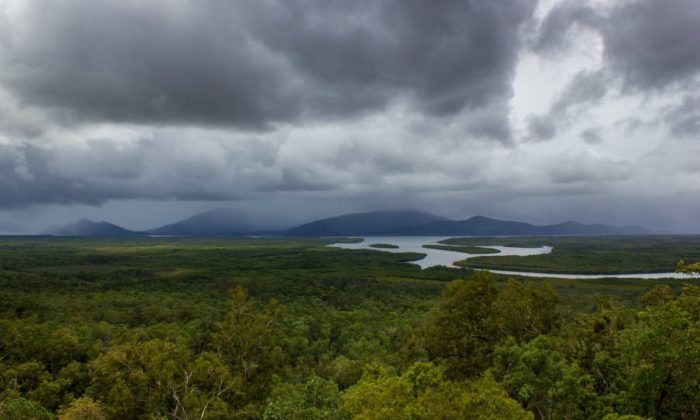
Case study
Peer Review of the Economic Analysis of the Nullinga Dam Preliminary Business Case
Synergies was engaged by Building Queensland to undertake a peer review of the economic analysis conducted as part of the Preliminary Business Case (PBC) for the proposed Nullinga Dam. The PBC identified an opportunity to expand irrigated agricultural production in the Atherton Tablelands through the supply of medium priority water entitlements from the proposed dam. The report presented to Building Queensland identified critical issues in relation to both the water demand assessment and economic analysis.
...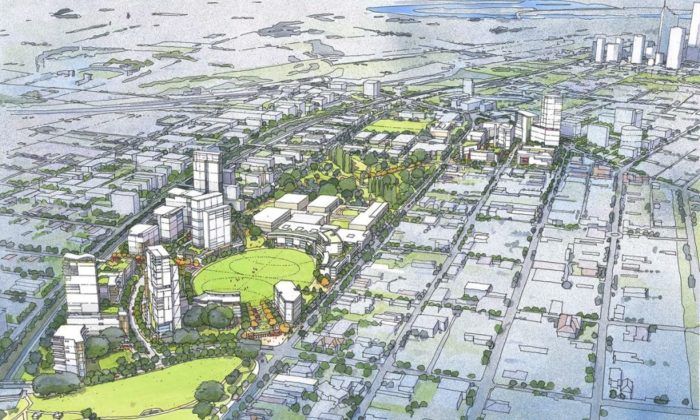
Case study
Economic, financial and social impacts of the Subiaco East redevelopment project
LandCorp engaged Synergies to assess the economic, financial and social impacts of a range of concept plans for the Subiaco East redevelopment project, which focused on the redevelopment of key sites marked for demolition and decommissioning into a vibrant, mixed-use city village. Synergies’ analysis informed decisions around the preferred concept plan based on a range of criteria. A preferred option was recommended for approval as part of the submission of the Detailed Business Case to ...
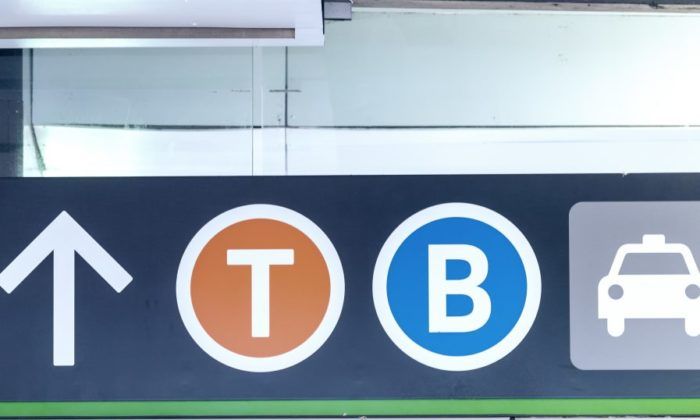
Case study
Modelling urban public transport expenditure levels
Synergies, in collaboration with Jacobs, was engaged by the Commonwealth Grants Commission (CGC) to review and improve the model currently used to determine State urban transport and infrastructure expenditure requirements. The model we proposed will help form the basis for the future allocation of transport-related GST funds. The report was recently published on the CGC website and can be downloaded below.
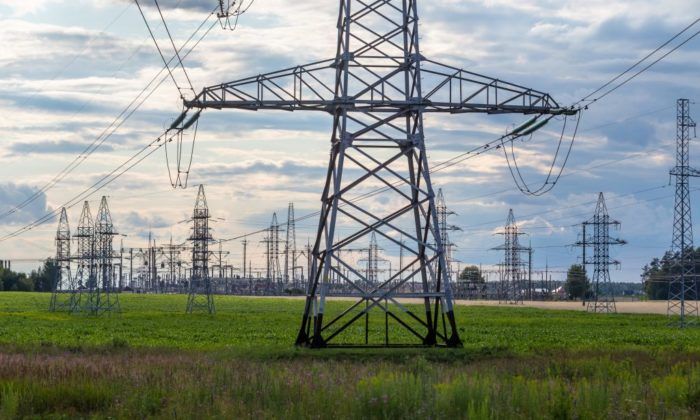
Case study
Independent verifier of Transpower’s RCP3 expenditure proposal
Synergies (in partnership with GHD Advisory) was engaged by Transpower to provide an independent verification opinion on Transpower’s third regulatory control period (RCP3) base capital expenditure and operating expenditure forecasts relating to the 2020-25 period. This included testing the assumptions underpinning Transpower’s expenditure and demand forecasts prior to the submittal of its RCP3 proposal, as well as making recommendations to enhance the substantiation of specific components of its expenditure proposal.

Case study
Assessing the Economic Value of Bulk Water Infrastructure in Regional Queensland
Synergies was engaged by Queensland Treasury Corporation (QTC), on behalf of the Department of Natural Resources, Mines and Energy (NRME), to develop a methodology to assess the economic value derived from the productive use of water from bulk water infrastructure in regional Queensland. The methodology was also applied to two water supply schemes – the Proserpine River and Nogoa Mackenzie Water Supply Schemes.

